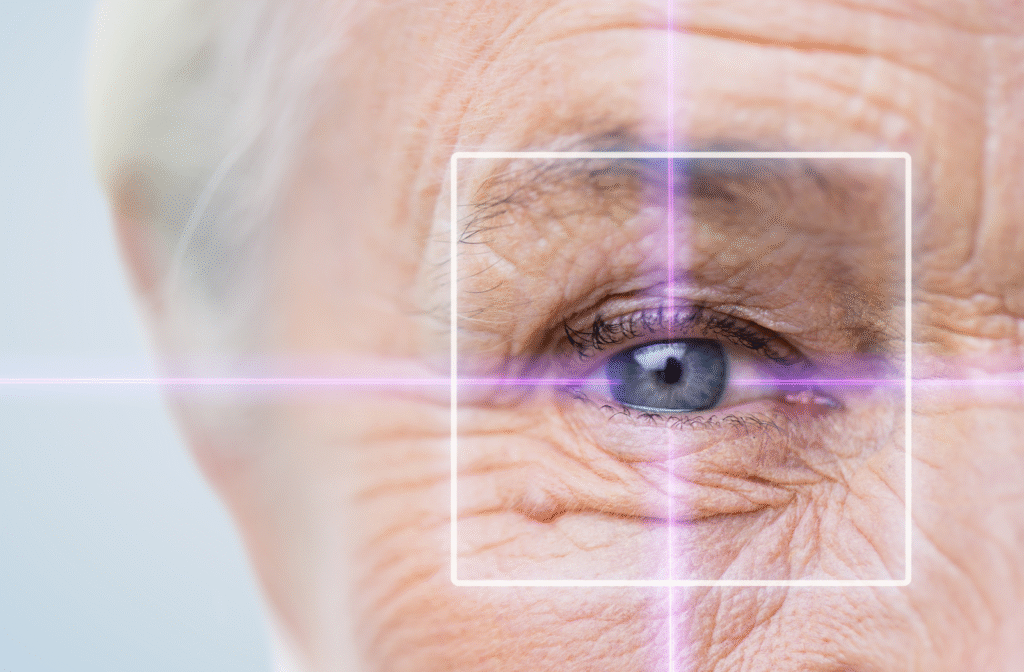Introduction
If you’re a medical patient considering LASIK and currently taking prescription medications, you’re not alone. Many prospective LASIK patients manage chronic conditions like high blood pressure, diabetes, thyroid disorders, or autoimmune diseases—and rely on daily medications to stay healthy.
A common question arises: Is LASIK safe for people on prescription drugs? The answer depends on the type of medication, its effect on your body (particularly your eyes and immune system), and your overall health.
Let’s explore how certain medications impact LASIK surgery and recovery, and what you need to know to make an informed, safe decision.
How Prescription Medications Can Affect LASIK Surgery
LASIK reshapes the cornea using a laser, and successful healing is crucial for long-term results. Some medications can influence this healing process, increase the risk of complications, or even impact surgical candidacy.
Here are the key concerns:
1. Impaired Healing Response
Certain medications can suppress your immune system or slow tissue regeneration. These include:
- Corticosteroids (e.g., prednisone): May delay corneal healing and increase infection risk
- Immunosuppressants (e.g., methotrexate, cyclosporine): Common in autoimmune conditions; may heighten complication risks
- Chemotherapy agents: Can suppress immune response and impair corneal integrity
Tip: Surgeons often coordinate with your prescribing doctor to evaluate timing or dosage adjustments before LASIK.
2. Dry Eye Worsening
Some drugs can reduce tear production, which can make LASIK-induced dry eye worse:
- Antihistamines
- Antidepressants (e.g., SSRIs)
- Beta-blockers
- Isotretinoin (used for acne)
LASIK itself can temporarily reduce corneal nerve sensation, worsening dryness. If you’re already on these medications, your surgeon may recommend dry eye treatment before proceeding.
3. Increased Bleeding Risk
Medications like blood thinners (e.g., warfarin, clopidogrel) don’t usually impact LASIK directly but can complicate PRK or other surface procedures that involve more exposed tissue.
Important: Always disclose blood thinner use during your LASIK consultation—even if you’ve been on them for years.
4. Changes in Vision or Corneal Health
Some medications affect the eyes directly:
- Diabetes medications: Blood sugar fluctuations can lead to unstable prescriptions, making LASIK less predictable
- Thyroid medications: Thyroid dysfunction can cause dry eyes or lid inflammation
- Plaquenil (hydroxychloroquine): Can rarely affect the retina, requiring additional evaluation before LASIK
Your eye doctor will monitor your refraction stability over several visits to determine if LASIK is appropriate.
How to Prepare for LASIK While on Medication
✅ Full Medication Disclosure
List every prescription and over-the-counter drug, supplement, or herbal remedy you take—even if you think it’s unrelated to your eyes.
✅ Bring Medical Records
Share lab results, diagnosis notes, or a letter from your primary care doctor or specialist outlining your condition and stability.
✅ Stabilize Chronic Conditions
Ensure that chronic conditions like diabetes, lupus, or thyroid disease are well-controlled for at least 6 months before surgery.
✅ Dry Eye Pre-Treatment
If your medication causes dry eyes, your surgeon may recommend:
- Artificial tears or prescription eye drops (like Restasis or Xiidra)
- Punctal plugs to retain natural tears
- Omega-3 supplements
Medications That Generally Do Not Affect LASIK Safety
Some medications are considered low-risk for LASIK, including:
- Blood pressure medications (ACE inhibitors, ARBs)
- Statins (cholesterol medications)
- Thyroid hormone replacement (e.g., levothyroxine), if levels are stable
- SSRIs/SNRIs (some exceptions apply depending on dry eye risk)
Still, inform your LASIK provider of every medication you take—even if it seems minor.
Alternatives If LASIK Isn’t Advisable
If your medications or condition make LASIK less suitable, your doctor may suggest:
- PRK: No flap created, safer for patients with corneal concerns or healing issues
- SMILE: Less invasive, fewer nerves affected
- Phakic IOLs: Lens implants for patients with unstable corneas
- Custom eyeglasses or contact lenses: For those with medical contraindications
Conclusion
LASIK can still be safe and effective for many medical patients taking prescription medications—but individual evaluation is critical. Your medication list, health history, and vision stability must all be reviewed by an experienced refractive surgeon.
The good news? With proper planning, coordination with your healthcare providers, and pre-treatment strategies (like managing dry eye), many patients on medications can safely undergo LASIK and enjoy clearer, glasses-free vision.




